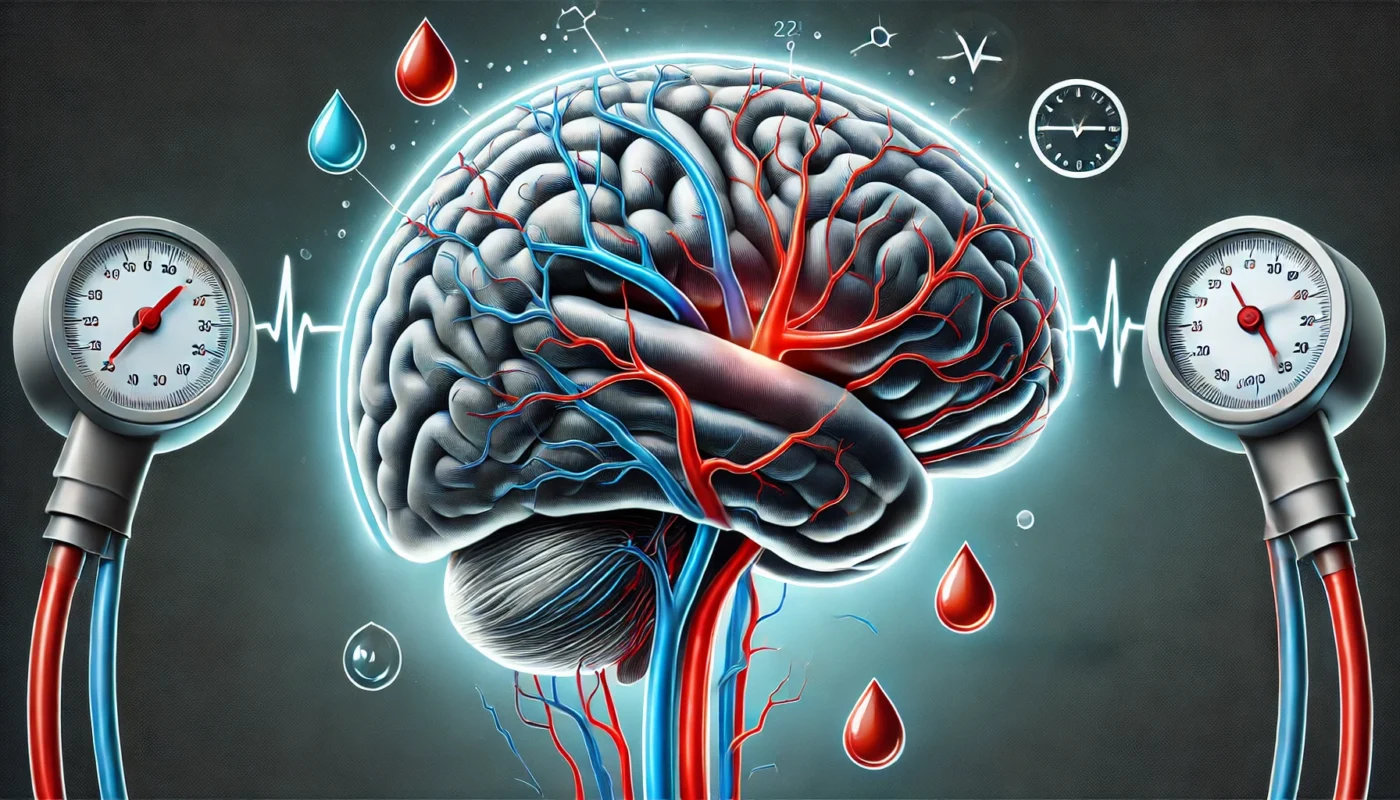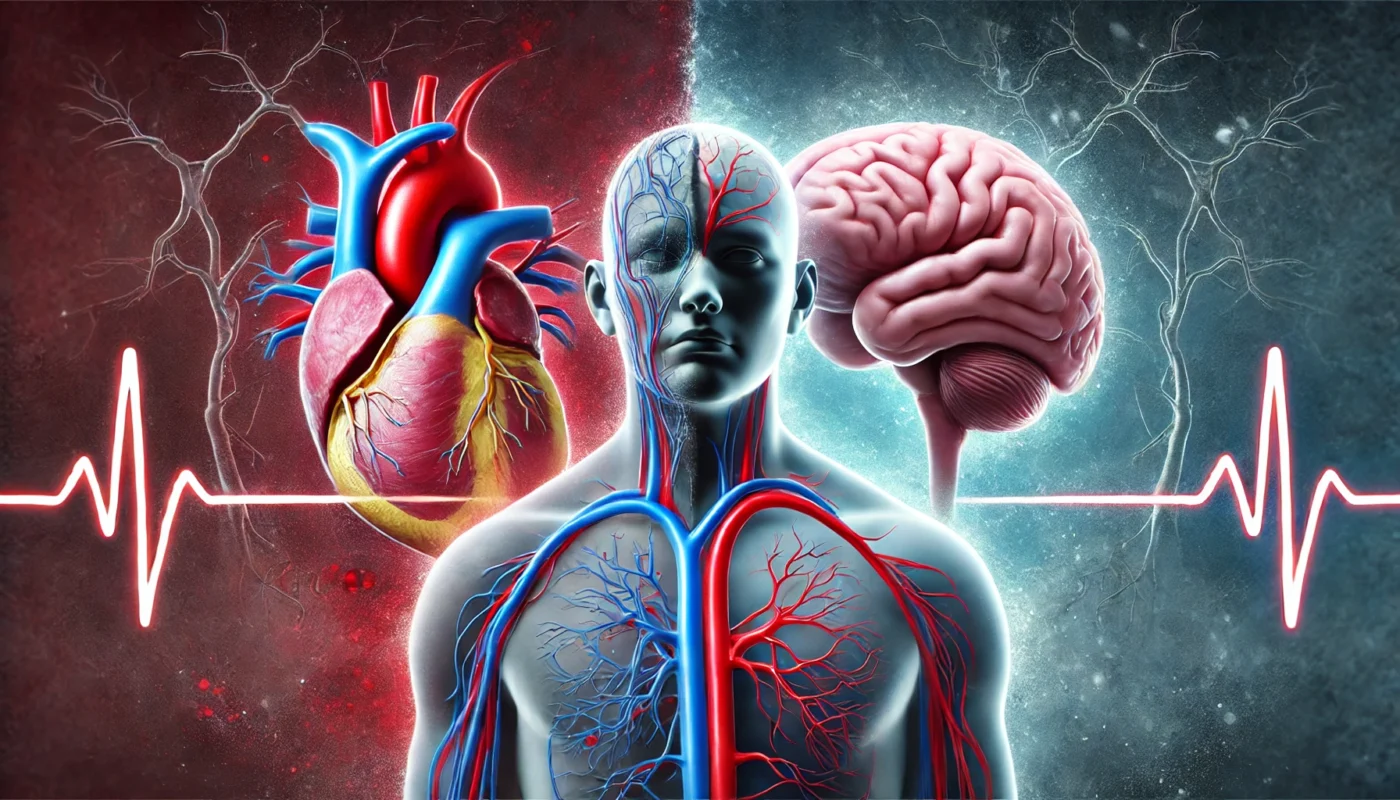Hypertension, or high blood pressure, is a leading global health concern, affecting nearly 1.28 billion adults, according to the World Health Organization (WHO). Despite the availability of medications and lifestyle interventions, hypertension remains a major contributor to heart disease, stroke, and kidney failure. Clinical trials play a pivotal role in advancing the understanding and treatment of this pervasive condition. By participating in clinical trials, individuals not only gain access to cutting-edge therapies but also contribute to the scientific discoveries that shape future hypertension treatments. This article explores the benefits, risks, and opportunities of joining hypertension clinical trials, providing a comprehensive guide for those considering participation.
Tag Archives: Hypertension
Hypertension, or high blood pressure, is a global health challenge affecting over 1.28 billion adults worldwide, according to the World Health Organization (WHO). Often dubbed the “silent killer,” hypertension typically presents no symptoms but significantly increases the risk of cardiovascular diseases, stroke, and kidney failure. Traditional methods of diagnosing and managing hypertension, while effective, are largely reactive, focusing on treating the condition after it develops. Recent advances in artificial intelligence (AI) are transforming this landscape by enabling predictive analytics to identify individuals at risk before hypertension manifests, paving the way for earlier intervention and improved health outcomes.
Hypertension, or high blood pressure, affects nearly half of the global adult population, according to the World Health Organization (WHO). While it is widely known as a leading cause of heart disease, stroke, and kidney failure, its connection to mental health often remains underexplored. Emerging research highlights a bidirectional relationship between hypertension and psychological well-being, where high blood pressure influences mental health, and mental health challenges, in turn, exacerbate hypertension. This article explores the hidden impact of hypertension on mental health, the underlying mechanisms driving this relationship, and strategies to manage both conditions effectively.
Hypertension, or high blood pressure, is one of the most common chronic health conditions globally, affecting nearly half of all adults. It is a leading risk factor for cardiovascular disease, stroke, and kidney failure, making its management a priority for millions. While medications and lifestyle changes like diet and exercise are well-documented interventions, alternative approaches such as mindfulness and meditation have gained increasing attention as tools for lowering blood pressure. This article critically reviews the science behind meditation and its role in hypertension management, exploring the evidence, mechanisms, and practical implications for integrating meditation into a comprehensive treatment plan.
Hypertension, or high blood pressure, affects nearly half of adults worldwide and is a leading risk factor for heart disease, stroke, and kidney failure. While physical factors such as obesity, poor diet, and lack of exercise are well-recognized contributors, the psychological components of hypertension are often overlooked. Chronic stress, anxiety, and unhealthy thought patterns can significantly impact blood pressure regulation, making mental health an integral aspect of hypertension management. Cognitive Behavioral Therapy (CBT), a structured and evidence-based psychotherapeutic approach, offers tools to address these psychological factors, empowering individuals to gain better control over their blood pressure. This article explores the role of CBT in hypertension management, its mechanisms, and how it complements traditional treatments.
Hypertension, or high blood pressure, is a chronic condition that affects nearly half of all adults globally, according to the World Health Organization (WHO). It is a major risk factor for cardiovascular diseases, kidney damage, and stroke. While hypertension is traditionally associated with physical health concerns, emerging evidence highlights its significant connection to mental health, particularly depression. Depression, a common mood disorder characterized by persistent feelings of sadness and loss of interest, often coexists with hypertension, creating a bidirectional relationship that complicates the management of both conditions. This article explores the links between hypertension and depression, the mechanisms that drive their interplay, and strategies for addressing this often-overlooked connection.
Hypertension, or high blood pressure, affects nearly half of adults worldwide, as reported by the World Health Organization (WHO). While its effects on cardiovascular health are well-known, the impact of hypertension on cognitive function often goes unrecognized. Mounting evidence indicates that prolonged high blood pressure can lead to significant cognitive decline, affecting memory, decision-making, and overall brain health. This article serves as a guide to understanding the relationship between hypertension and cognitive function, identifying warning signs, and adopting strategies to address and mitigate cognitive decline.
Hypertension, or high blood pressure, affects millions of individuals worldwide, posing significant risks to heart health, stroke, and kidney function. While factors such as diet, physical activity, and genetics contribute to hypertension, stress is a major but often underestimated player in its progression. Stress activates the body’s fight-or-flight response, triggering a cascade of physiological changes, including increased heart rate, blood vessel constriction, and elevated blood pressure. Chronic stress can keep these systems in overdrive, contributing to sustained hypertension. Behavioral psychology offers effective strategies for managing stress and its effects on blood pressure. This article explores the connection between hypertension and stress and provides practical, evidence-based techniques to reduce stress and support heart health.
Hypertension, or high blood pressure, is a chronic condition that affects nearly half of adults worldwide and is a leading risk factor for cardiovascular diseases, stroke, and kidney failure. While its causes are multifaceted, the impact of stress on blood pressure has been widely acknowledged. Emotional resilience—the ability to adapt and recover from stress and adversity—has emerged as a powerful tool in managing hypertension. By cultivating emotional strength, individuals can mitigate stress-related blood pressure spikes and improve their overall heart health. This article explores the connection between emotional resilience and hypertension, the physiological mechanisms involved, and practical strategies to enhance resilience and protect against hypertension.
Hypertension, or high blood pressure, is one of the most prevalent chronic health conditions worldwide, affecting nearly half of the adult population. A leading contributor to cardiovascular disease, stroke, and kidney failure, hypertension is often exacerbated by stress and poor lifestyle choices. While medications and physical activity are commonly prescribed to manage high blood pressure, emerging research highlights the potential of mindfulness practices, including journaling, as a complementary approach to reduce stress, lower your blood pressure, and improve overall health. This article delves into the science behind journaling and its potential impact on blood pressure, exploring how self-reflection can become a valuable tool in hypertension management.










